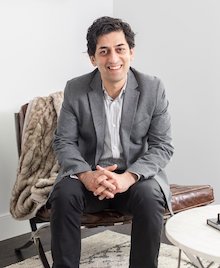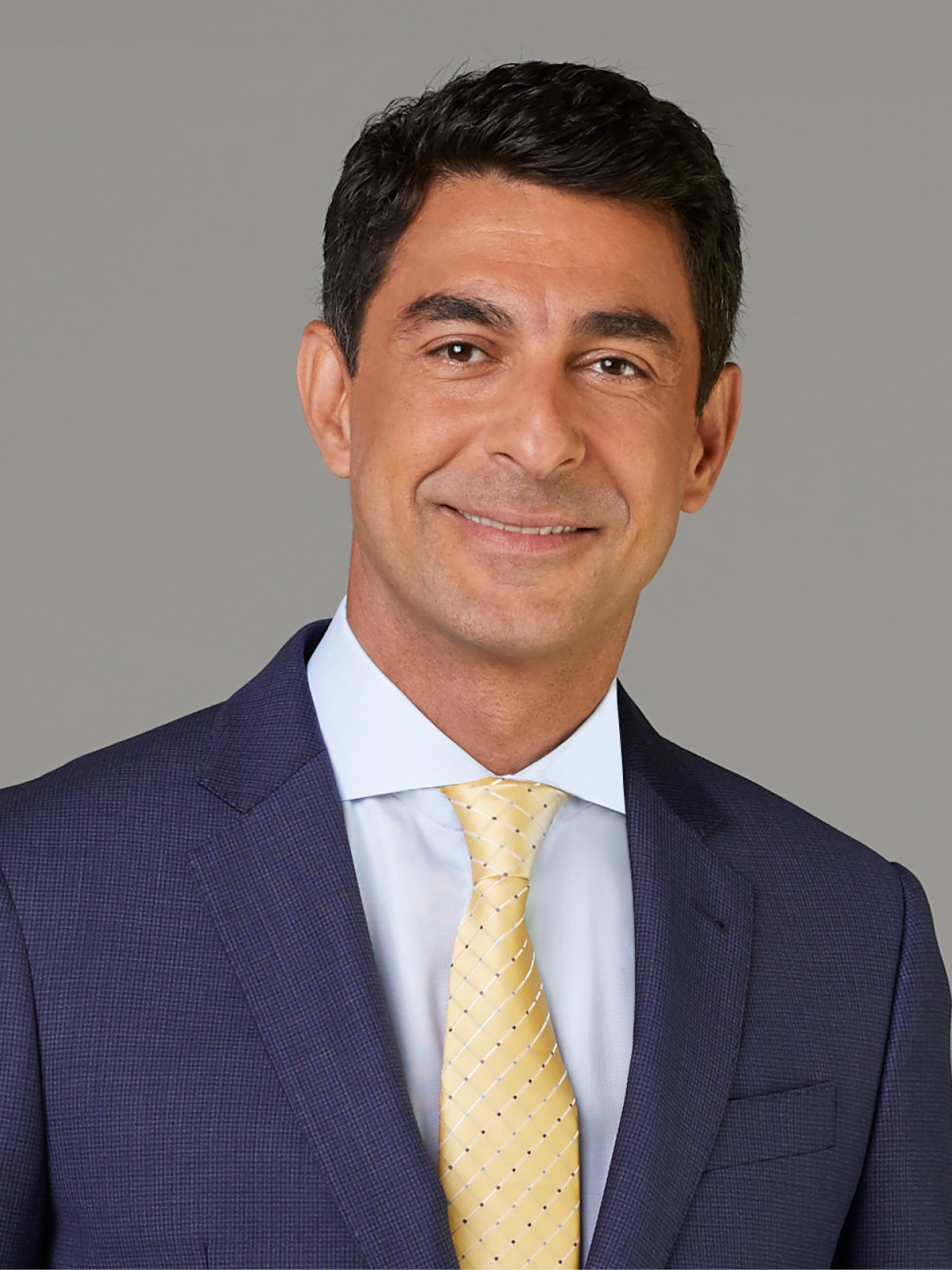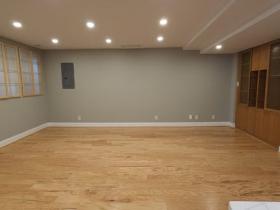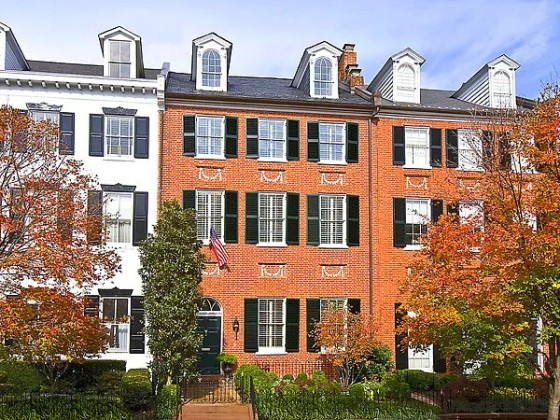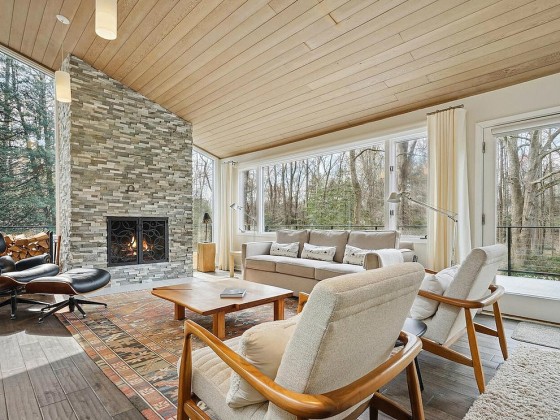 The Case Against DC Statehood
The Case Against DC Statehood
✉️ Want to forward this article? Click here.
The case for DC statehood is one that has been well-documented over the last decade.
But with the first House of Representatives hearing on DC Statehood since 1993 in recess, UrbanTurf decided to take a look at some of the arguments being made against the District becoming the nation's 51st state.
This morning, DC Delegate Eleanor Holmes Norton chaired the House Oversight and Reform Committee’s hearing on H.R. 51, the bill which would grant statehood to Washington, DC. The capital city has a population of more than 700,000 residents and is expected to grow to one million residents around 2045, making the issue of taxation without representation particularly salient.
However, ongoing questions of whether DC Councilmember Jack Evans has abused his position on the DC Council and on the WMATA Board of Directors quickly became a primary rationale for some Republican members of the committee as to why the District is unfit for statehood.
Following Norton's reading of an opening statement from ranking member and Maryland Representative Elijah Cummings, Ohio Representative Jim Jordan motioned to subpoena Evans for the statehood hearing. Norton took issue with the measure, noting that the conduct of one Councilmember should not have bearing on whether or not DC should become a state.
"Officials in Ohio have been the subject of multiple political scandals for many years,” Norton said. “But no one is suggesting that Ohio ought to lose its status.”
story continues below
loading...story continues above
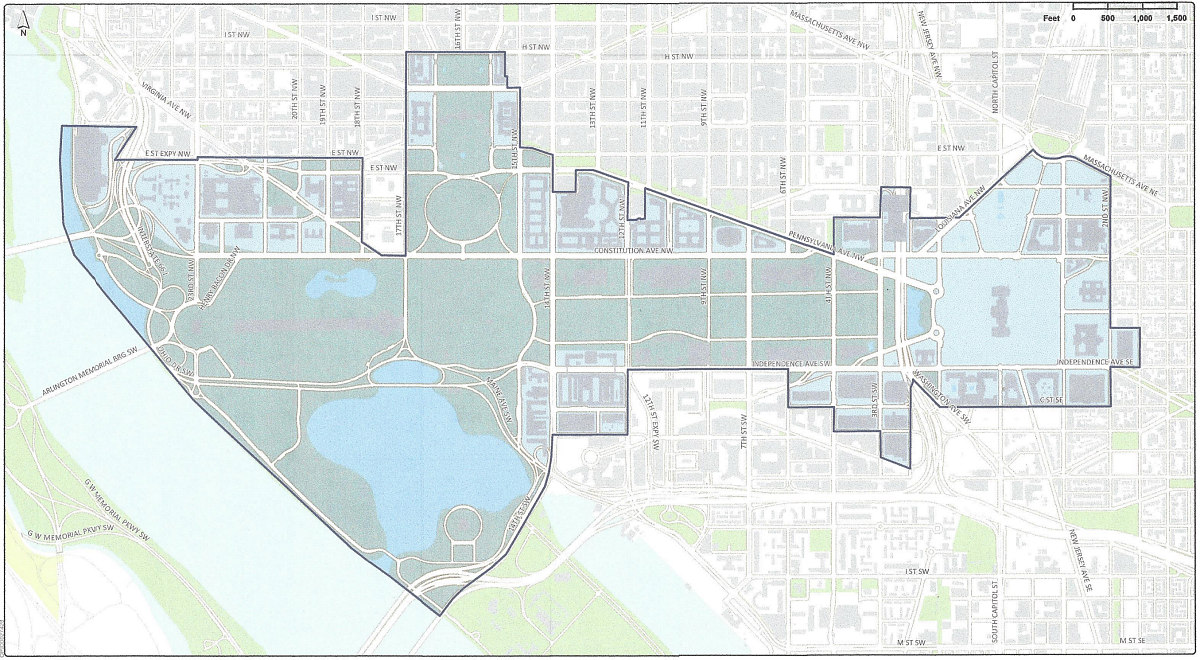
Other representatives on the dais raised concerns, both practical and nitpicky. Representative Ralph Norman cited a study which ranked DC last among 150 cities when it comes to efficiency. Representative Thomas Massie took exception with the proposed federal enclave boundaries excluding the Old Post Office, which is currently leased as the Trump International Hotel; Mayor Muriel Bowser and DC Council Chair Phil Mendelson both cited the building's commercial use and the presence of federal buildings throughout the country.
Massie also expressed concern that, if the federal enclave was established as proposed, many congressional staffers may be unable to park where they have been accustomed to parking. Other representatives called into question the morality of DC's new sports betting law, the high spending and low success rates of the city's public school system, and whether DC is unique in its dependency on the federal government.
Dr. Roger Pilon of the Cato Institute cynically noted that even if the statehood bill passes the House of Representatives, the Senate is unlikely to take the bill up for a vote. Pilon also questioned the constitutionality of admitting a 51st state into the country via legislation rather than via a constitutional amendment.
Two pro-statehood representatives drew applause from those present by questioning the validity of anti-statehood arguments. Maryland representative Jamie Raskin noted that whether Evans is a corrupt official should have no bearing on whether DC should be a state, as many states have had officials investigated or removed from office due to corruption and have not had their statehood undermined. Virginia representative Gerry Connolly asserted that anti-statehood views are rooted in racist sentiment, calling out "the party of Lincoln" for more closely resembling "the party of Andrew Jackson".
The hearing will resume at 4:30 this afternoon.
See other articles related to: eleanor holmes norton, house of representatives, statehood
This article originally published at https://dc.urbanturf.com/articles/blog/the-case-against-dc-statehood/15906.
Most Popular... This Week • Last 30 Days • Ever
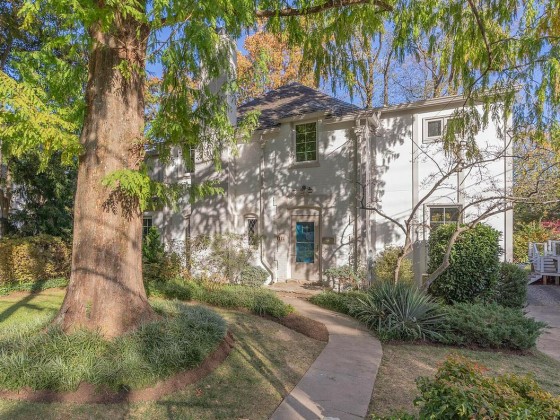
Buffett called the five-bedroom listing home when his father, Howard Buffett, was ser... read »
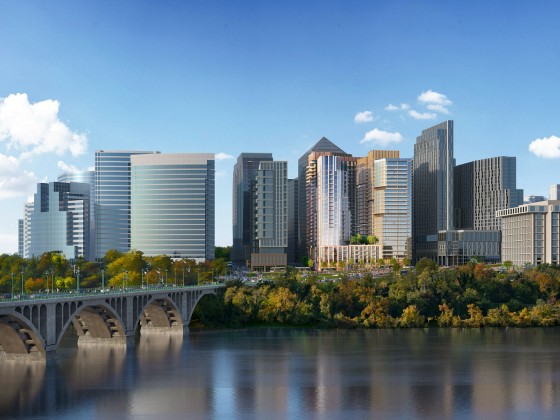
Penzance has unveiled its striking new plans for Rosslyn.... read »
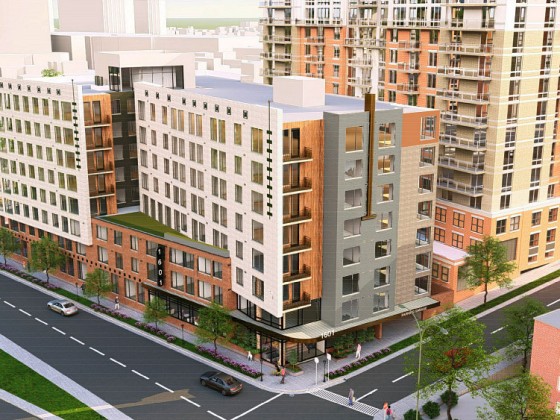
Monument Realty has filed updated plans with Arlington County to redevelop the former... read »
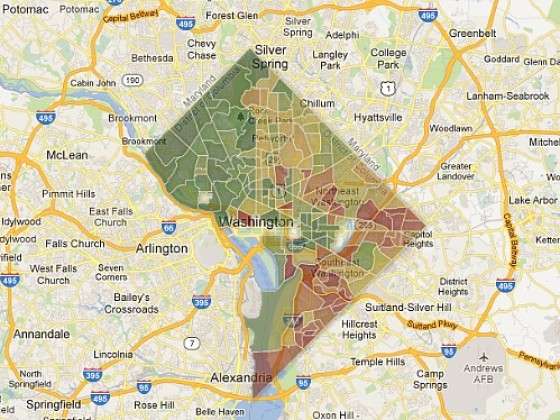
What Republican control could mean for DC; the Post wants people back in the office; ... read »
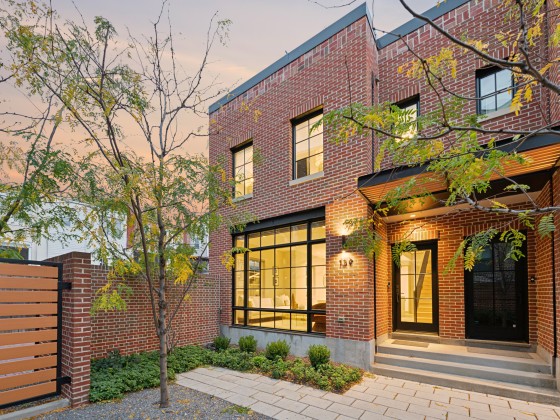
A single home has come up for sale at Beale Square: an acclaimed, carriage-style town... read »
- The Oracle of Spring Valley: Warren Buffett's Childhood Home in DC Hits the Market
- Three Buildings, 862 Units: The New Plans For Rosslyn's Skyline
- 142-Unit Development At Inn of Rosslyn Site Moves Forward
- Friday's Must Reads
- A Uniquely Private, Carriage-Style Townhome Hits the Market in Bloomingdale
DC Real Estate Guides
Short guides to navigating the DC-area real estate market
We've collected all our helpful guides for buying, selling and renting in and around Washington, DC in one place. Start browsing below!
First-Timer Primers
Intro guides for first-time home buyers
Unique Spaces
Awesome and unusual real estate from across the DC Metro

